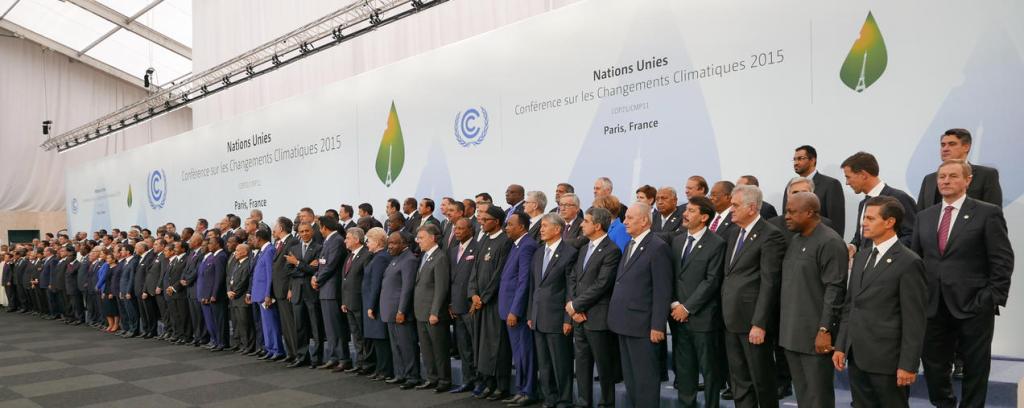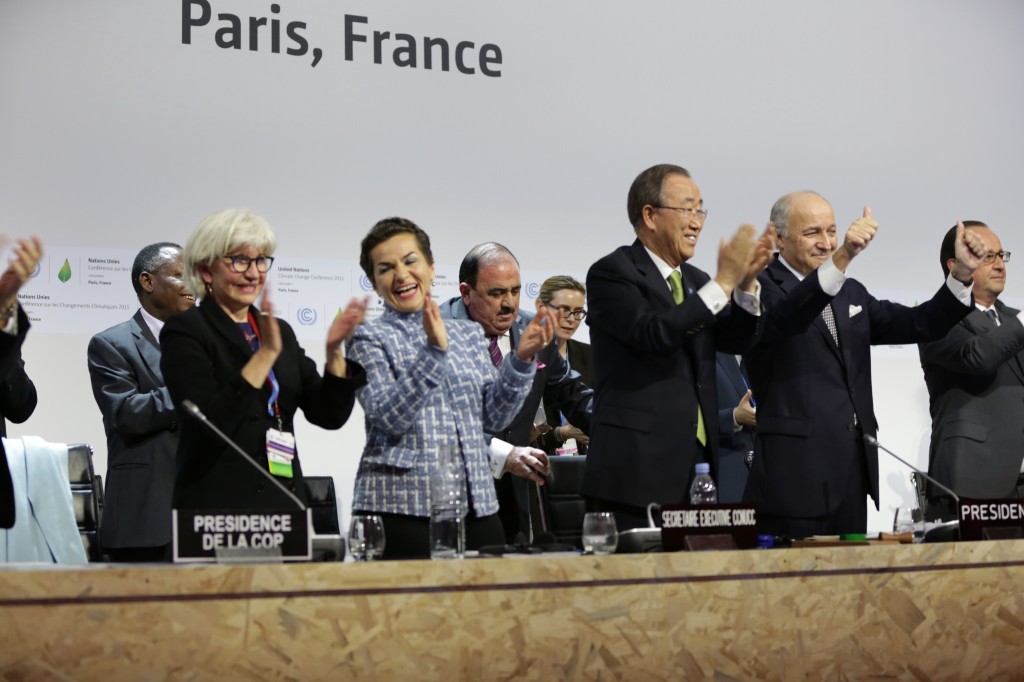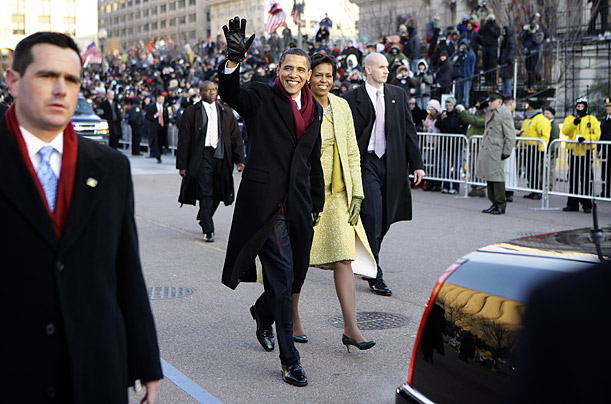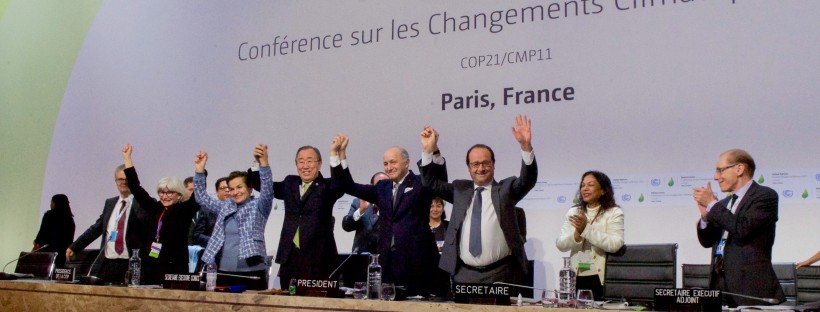Written by Savannah Jackson; ed. assistance by Nancer Ballard.
As early as 1899, American geologist Thomas Chrowder Chamberlin proposed that changes in the climate could be the result of changes in the concentration of atmospheric carbon dioxide. Half a century later, Nobel Prize winner Glenn T. Seaborg warned that at the rate at which humans were emitting carbon dioxide, we would soon see marked changes in the climate that we would have no means of controlling or reversing. Another half a century, and numerous international efforts later, climate change today continues to accelerate rather than slow down.

Of course, the movement to protect our planet isn’t the only social movement that has struggled to achieve its goals. How is it that so many of us sincerely want social change, but find our goals so difficult to achieve?
One of the problems is that we—both social activists and the sympathetic public—are relying on social change journey narratives that do not support the goals we have.
Journey stories and narratives are important tools that we use to share ideas, convince others that they should be interested in our goals, and encourage others to actively participate in realizing these goals. Environmental protection, racial and gender equality, and other causes such as LGBTQ+ rights and income inequality, require large-scale, sustainable social change. However, the narratives that have been used to try to bring about these changes often focus on individual action and sudden high-profile moments of change that are presented as changing everything once and for all. In this post we will explore why these narratives are often counter-productive, and we will suggest alternatives that may be more realistic and beneficial for achieving meaningful social progress.
The Paris Agreement, an international treaty on climate change, was signed by 196 countries in 2015 and became law in 2016. It was hailed as a landmark agreement to address climate change and its impacts on a world-wide basis. And it was. But signing the agreement did not change everything; in fact, it changed nothing. The goal of the Paris Agreement is to keep the global average temperature from rising 2 degrees Celsius above pre-industrial levels. But that can only happen if countries actually make consecutive five-year plans to control and reduce emissions, communicate their plans to the public, support one another, and implement their plans in a manner that is consistent with the longer-term goal. Transformational change requires a slow, tedious, inconvenient, no-guarantee commitment to engage in ongoing shifts in mindset and world-orientation alongside millions of other people.

We are not used to telling stories about transformational change until after the transformation has supposedly already happened and can be romanticized and mythologized. It is not hard to see why stories that focus on the achievement of a significant milestone are more appealing to us than stories that emphasize the need for long term commitment of personal energy and resources. Social change requires an enormous devotion of time, energy, and attention by thousands and thousands of people in order to achieve even the first remarkable milestone. Success is not guaranteed and the commitment inevitably costs more than we think it will.

When that first milestone is achieved—whether a law or treaty, or recognition of injustice with a pledge for reparations—we want to celebrate our success and assure ourselves that our effort was worthwhile and that our achievement will last. We also want to believe that the extraordinary level of sacrifice, time, energy, money, and uncertainty is at an end, or at least that the change we want won’t continue to require so much work from us. Once the emergency is over; we want to return to our “normal lives.” And so we deceive ourselves into believing that the first step or milestone achievement is instead the culmination of social change, or is such a momentous first step that everything else will roll out automatically.
When the Paris Agreement was signed, people worldwide believed that we had achieved a global commitment to combatting climate change and that success would follow as a matter of course. Each country set emissions-reduction pledges and many people took for granted the fact that these pledges would be met. A scant four years later, to the horror of many, former President Donald Trump pulled the United States, the world’s second largest emitter of greenhouse gasses, out of the agreement. In doing so, he demonstrated how fragile and relationship-dependent transformational change is. Signing an agreement, passing a law, or electing a new official is often a crucial achievement, but should not be confused with success or the guarantee that success will inevitably follow.

When Barack Obama was elected President of the United States in 2008, many viewed the election of a Black American as evidence that the U.S. was finally becoming “colorblind” or “post-racial,” and assumed (erroneously) that the hard work of achieving racial equality was almost complete. It was not until twelve years later that widespread awareness of the killings of George Floyd, Breonna Taylor, and other Black Americans by police officers, and easy-access video proof and testimonies of the violent police response to Black Lives Matter protests, jolted many Americans into fully realizing and/or openly acknowledging that racism has continued to be present everywhere and that we have a long way to go in the fight for racial justice, equality, and equity.
So how do we change our social change journey stories and narratives to reflect the real world without becoming discouraged?
First, we acknowledge—and keep acknowledging—that lasting social change of any type occurs in increments over long periods of time through the prolonged efforts of many people. This shouldn’t discourage us; this is how it has always been. What does discourage us is when we treat milestone actions as ultimate victories, because then we are doomed to disappointment. When the next bump in the road comes, we think we have failed.
We need to adjust our attitudes and recognize that a milestone or first commemorable step is a significant action rather than the destination. Actions borne of great effort can be followed by a pause, but the exertion and subsequent rest must be seen within a narrative framework in which additional action is both necessary and assumed. Perhaps if we can see significant moments or events as actions rather than ultimate victories, we can avoid burnout and complacency.
Second, we recognize broad-scale public support and participation more, and mythologize leaders less. Social change narratives are often told as hero’s journeys and as such, focus on the efforts of a key individual actor and make that person into a mythic-like leader or hero. Mythologizing a leader is often done to inspire participation, but it can also weaken social movements. Believing that we have a leader who will save us allows us to deny the necessity of long-term commitment from “normal” people. Treating leaders as special heroes also encourages us to believe that only a few special people are needed to change the world, and that only such special people can change the world.

For example, activist Mohandas Gandhi has long been immortalized for his role in India’s anti-colonial civil disobedience movement. His leadership inspired and coordinated many to peacefully resist British control and create an autonomous India, but the tax boycotts, salt marches, home-spun cloth campaigns, and other means of peaceful resistance achieved their intended success because of the wide-spread involvement of “ordinary” Indians.
Individuals can serve as inspiration and can themselves take significant actions, but the truth is that it is the millions of ordinary people who devote their time and energy to a cause who together create change, not one special person. Narratives that encourage and enable large-scale, sustainable social change must be relationship focused. That is, narratives should recognize and emphasize the importance of the actions of a broad network of actors. Within movements working towards social change, relationships create networks of support, motivation, and accountability.
We must view milestones such as the signing of the Paris Agreement or the election of Barack Obama as actions located within a web of other actions that are brought about through a multitude of relationships. Only then can we begin to build social change journey narratives that recognize the achievement of incremental progress while renewing our commitment to our larger goals and strengthening our relationships with one another.
We’d love to hear your stories of how you have persisted and inspired others to value ongoing participation and incremental progress in long-term social change efforts. Let us know in the comments!

Such a brilliant insight- The world needs a new paradigm!
LikeLiked by 1 person